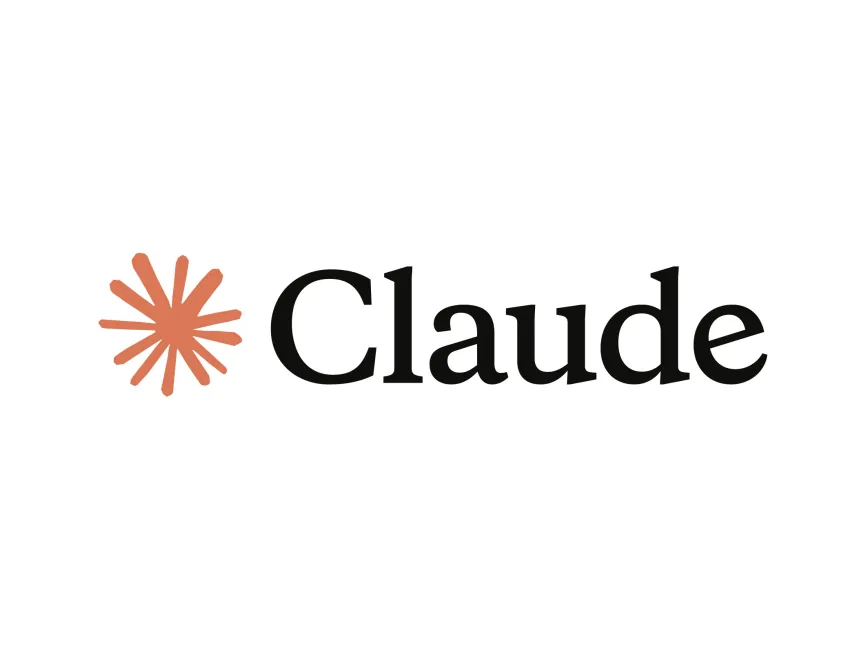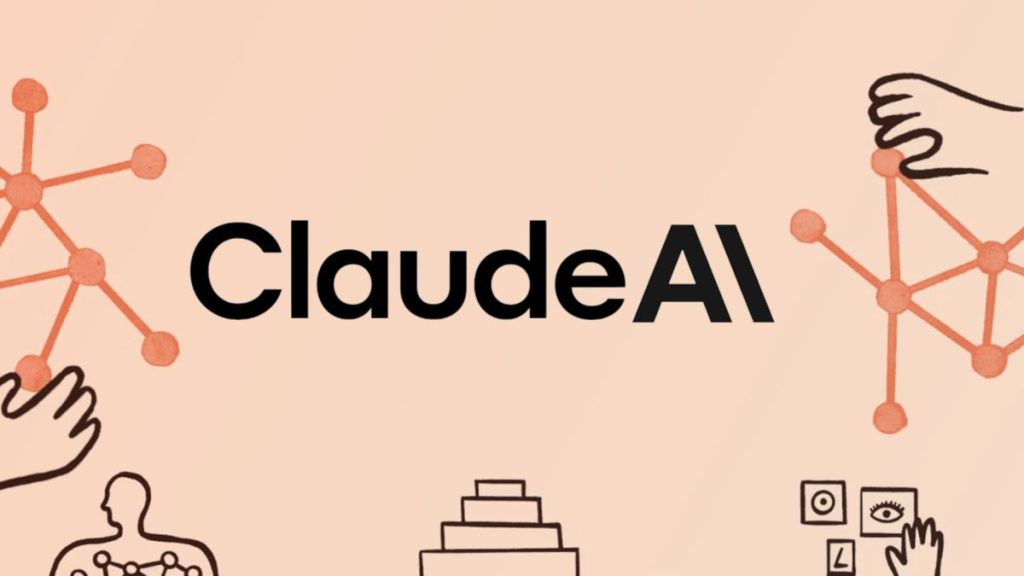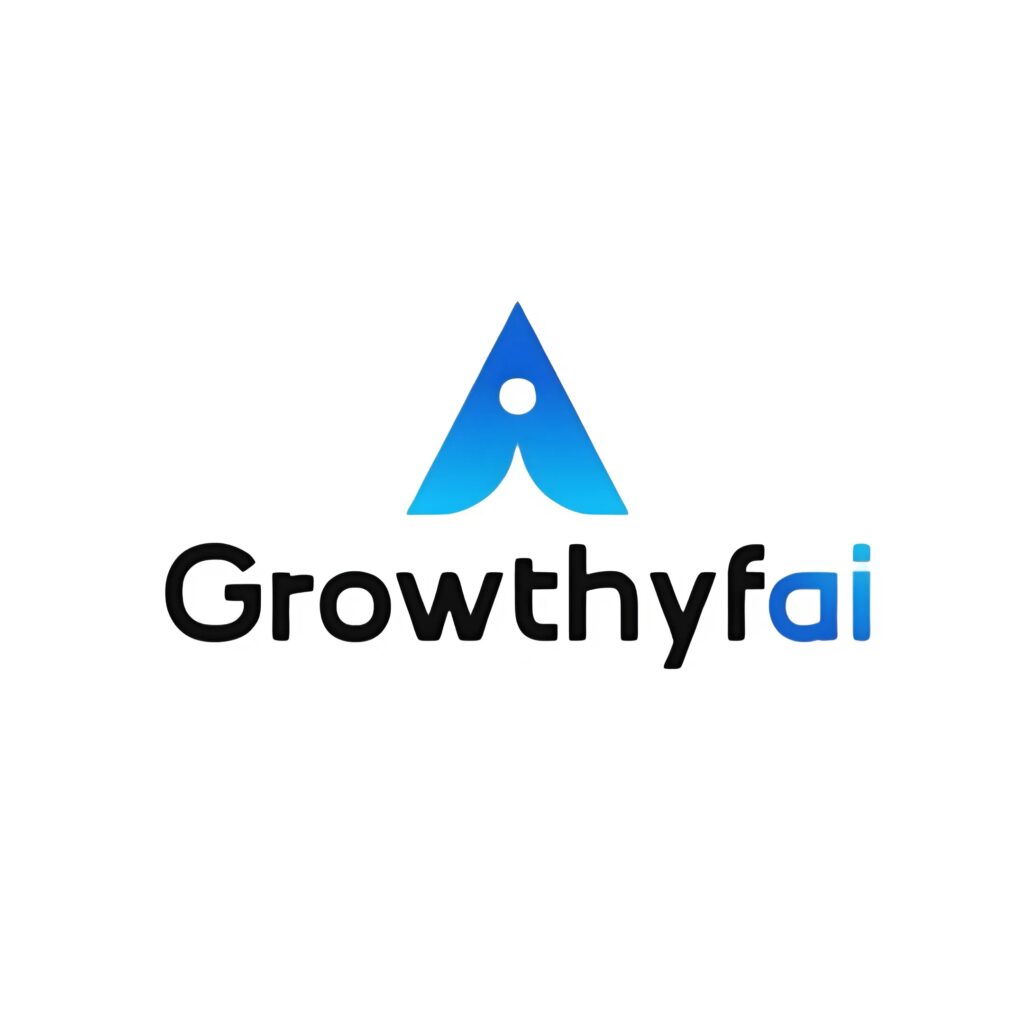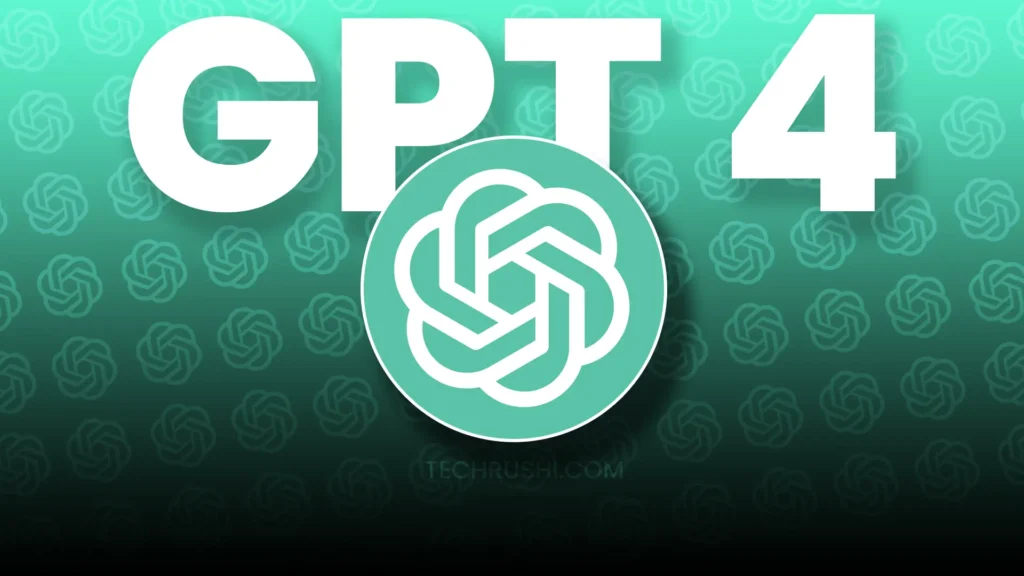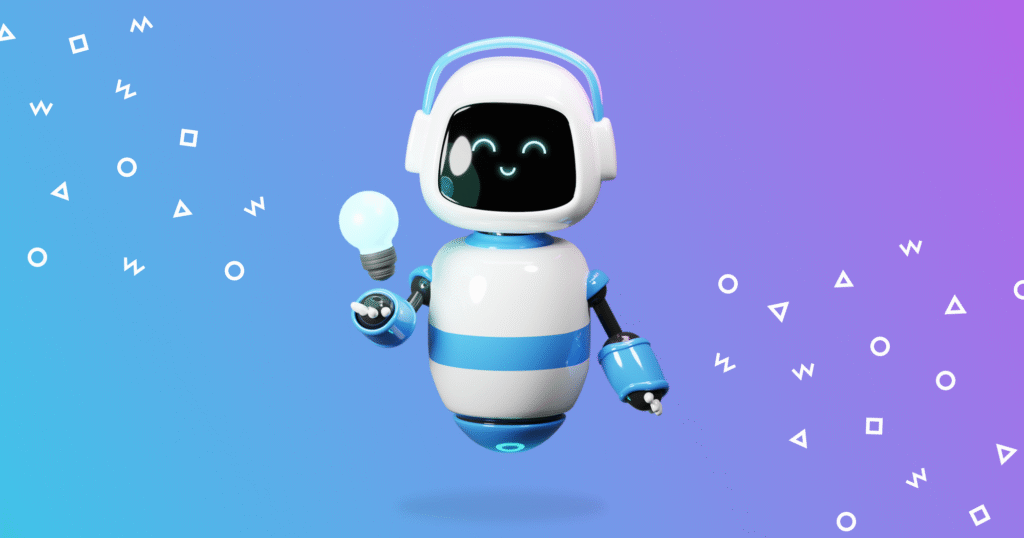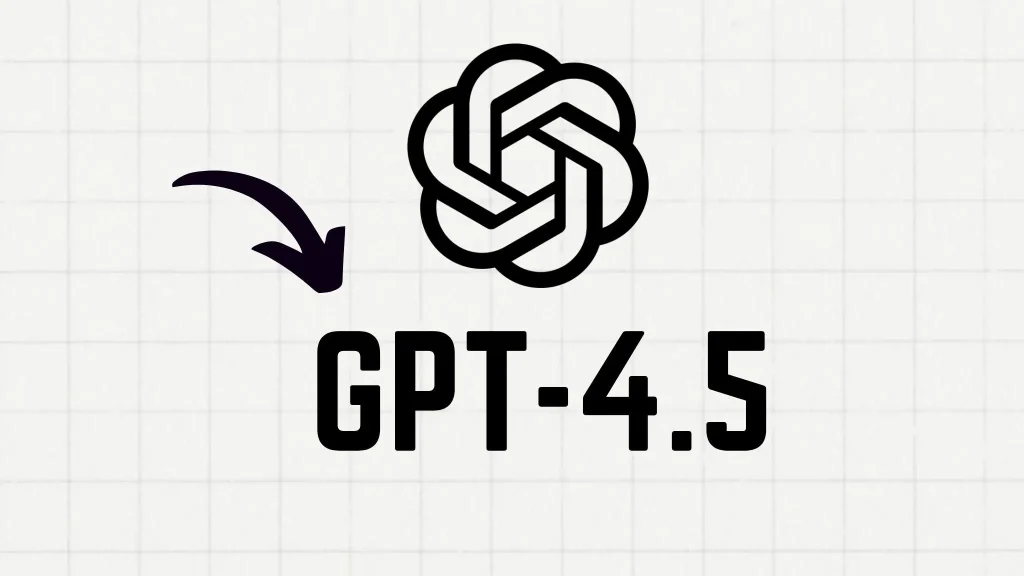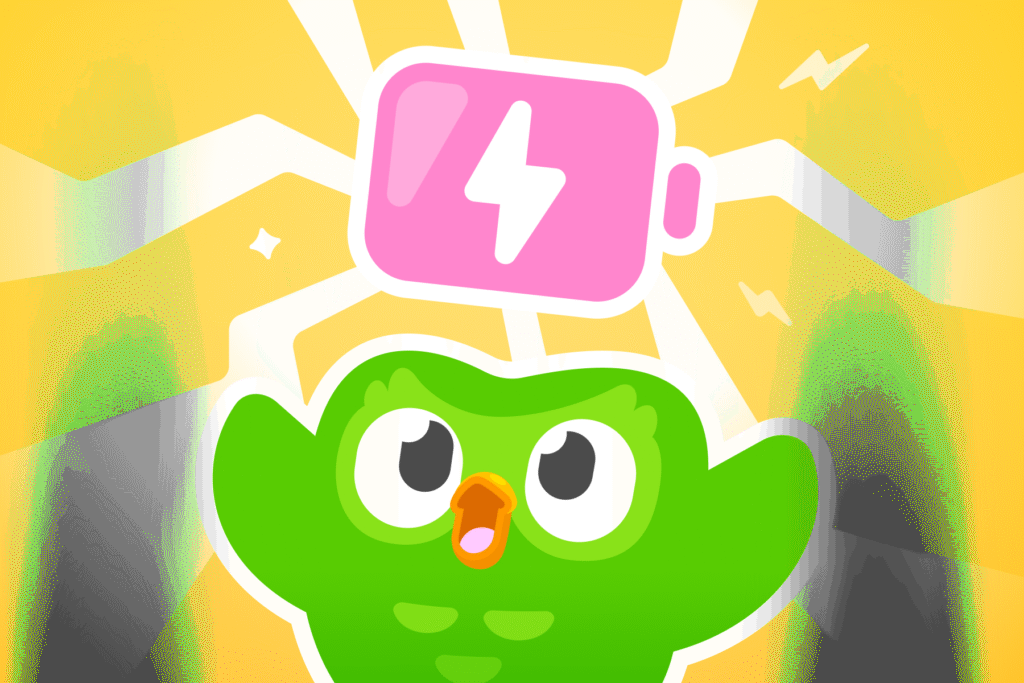From Coding to Chatting: How Anthropic’s Claude Is Changing Conversations
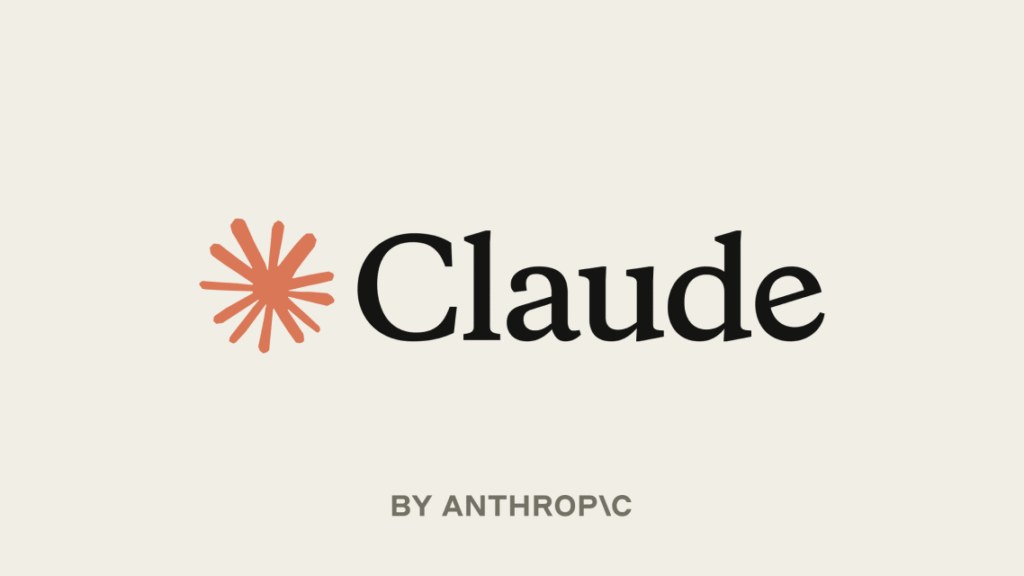
The realm of artificial intelligence (AI) is continuously evolving, ushering in an era where AI-powered tools are transforming the way we communicate and interact. One of the leading figures in this transformation is Anthropic’s Claude, a large language model designed to enhance conversations. In this blog, we will delve into how Claude is making waves in the world of AI-driven conversations, redefining the boundaries of human-computer interaction.
Understanding Claude: A Brief Overview
Claude is developed by Anthropic, a company founded by former OpenAI researchers, dedicated to creating safe and aligned AI systems. Named with a nod to Claude Shannon, the father of information theory, this AI model is designed to understand and generate human-like text. Its primary objective is to facilitate more meaningful, coherent, and contextually relevant interactions, whether in chat applications, customer service, or other dialog-driven environments.
Unlike its predecessors, Claude is built upon rigorous research in AI alignment to ensure that its actions adhere to human intentions and ethical standards. It represents a significant step forward in addressing some of the ethical concerns surrounding AI deployment.
The Technological Backbone of Claude
Behind Claude’s conversational prowess lies cutting-edge technology. It leverages massive amounts of data and state-of-the-art machine learning techniques to understand and predict human language. Claude’s architecture is designed to improve on the complexities of contextual understanding, making it adept at maintaining the flow of conversation over long interactions.
Anthropic’s approach involves pre-training Claude on an extensive corpus of text, followed by fine-tuning phases where it learns specifics based on intended application domains. This process allows Claude to generate text that is not only grammatically correct but also contextually appropriate and nuanced, greatly enhancing the user’s experience.
Practical Applications: Redefining Human-Computer Interactions
Customer Service Enhancements
One of the most practical applications of Claude is in customer service scenarios. Businesses are increasingly integrating AI into customer service platforms to handle initial inquiries and provide quick resolutions to common issues. Claude’s ability to understand context and intent allows it to engage in more personalized interactions, reducing response time and increasing customer satisfaction.
For example, a retail company employing Claude can tailor its customer service chatbots to engage with customers more naturally. Claude can handle multiple queries, resolve basic issues, and escalate complex problems to human agents only when necessary, optimizing operational efficiency.
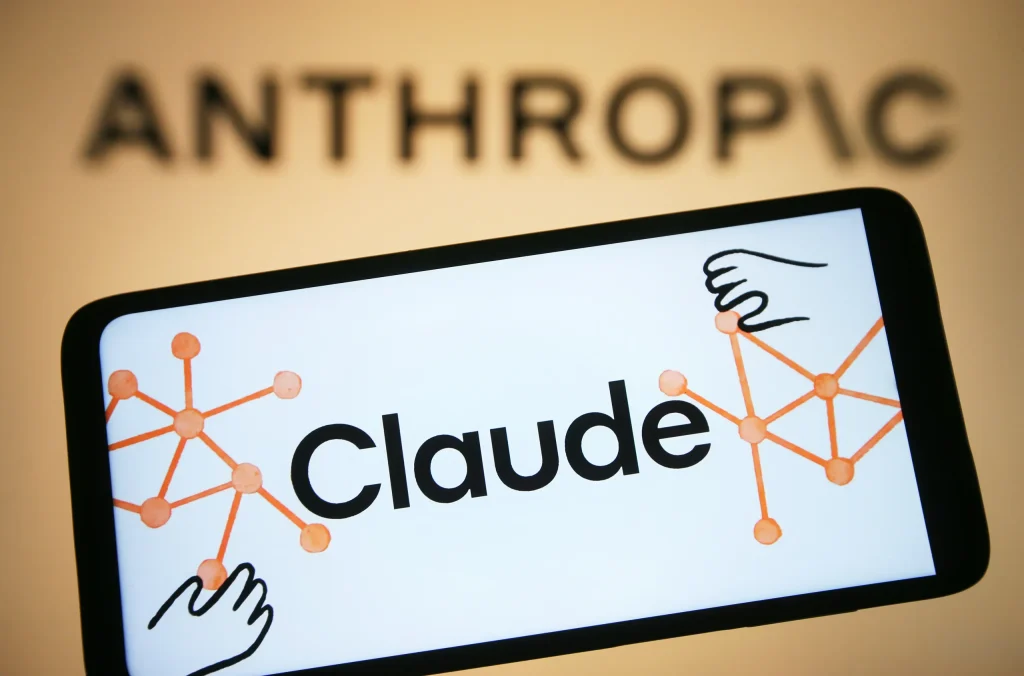
Content Creation and Ideation
Content creators and marketers spend considerable time brainstorming and generating content ideas. Claude can assist by providing creative suggestions, drafting outlines, and even writing sections of content, making it a valuable tool in content departments.
Imagine a scenario where a digital marketing team needs to create an article about sustainable fashion. Claude can generate topic ideas, suggest relevant data and statistics, and even draft paragraphs, enabling human writers to focus on nuance and contextual additions. This collaborative effort between human creativity and AI efficiency illustrates Claude’s potential in content ecosystems.
Advantages Over Traditional Chatbots
The advent of Claude brings numerous advantages over traditional chatbot systems, particularly in flexibility and understanding. Traditional chatbots often follow pre-set scripts with little room for deviation, leading to a lack of personalization and adaptability during interactions.
Claude, however, identifies context beyond individual queries, enabling it to maintain continuity across conversations. This depth of understanding translates into more natural and engaging dialogues, providing users with a more satisfying experience. Claude’s ability to learn and adapt also means it can improve over time, providing consistently high-quality interactions.
Ethical Considerations and Challenges
While Claude is a revolutionary step in AI conversations, it also raises important ethical considerations. The key challenge lies in ensuring the ethical use of technology, particularly regarding privacy, bias, and misinformation.
Anthropic emphasizes AI alignment to mitigate these issues, embedding ethical guidelines and controls within Claude’s framework to limit unintended consequences. However, ongoing monitoring and refinement are necessary to address concerns and improve societal trust in AI systems like Claude.
Anthropic engages with a broader community, including ethicists and domain experts, to refine Claude’s alignment processes. This ensures that Claude does not only meet technical expectations but also adheres to societal norms and ethics.
Conclusion: The Future of Conversations with Claude
Anthropic’s Claude is a testament to the transformative power of AI in modern communication. Its ability to generate human-like text opens unforeseen possibilities in customer service, content creation, and beyond. By emphasizing ethical considerations alongside technological advancements, Claude is paving the way for AI systems that are not only smarter but also aligned with human values.
As AI technology continues to evolve, Claude’s development marks a significant milestone in the journey towards more intelligent and ethical AI systems. Whether it’s engaging with customers or supporting creative endeavors, Claude stands as a beacon of innovation, showcasing how AI can transform the world of conversations for the better. The future with Claude is not just about coding and algorithms but about meaningful chatting and humanized interactions.

